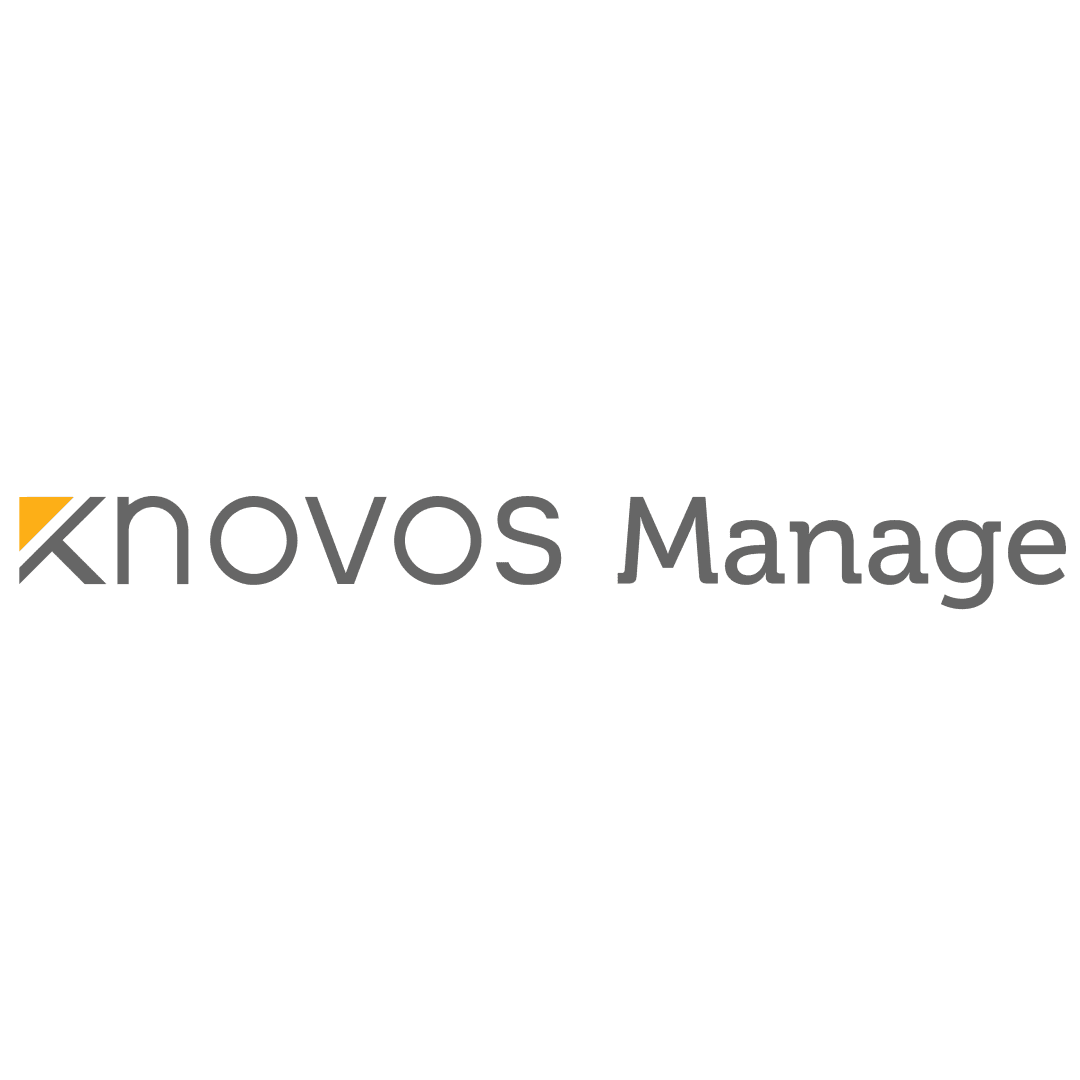Matter Management
What is Matter Management?
Top Products in Matter Management
What is matter management software for law firms?
Matter management software is a type of software that is designed specifically for use by law firms. It is used to manage the various aspects of a legal matter, such as client information, document management, case tracking, and billing. The software is typically used by legal professionals, such as attorneys, paralegals, and legal administrators, to help them organize and manage their workload more efficiently. The software may also include features such as document automation, workflow management, and communication tools to help legal teams collaborate and work together more effectively.
How is legal matter management software different than legal practice management software?
Legal matter management software and legal practice management software are both types of software that are designed for use by law firms, but they have different functions and features.
Legal matter management software is specifically focused on managing the various aspects of a legal matter, such as client information, document management, case tracking, and billing. The main purpose of this software is to help legal professionals organize and manage their workload more efficiently, with features such as document automation, workflow management, and communication tools to help legal teams collaborate and work together more effectively.
Legal practice management software, on the other hand, is designed to manage the overall operations and administration of a law firm. This type of software typically includes features such as time tracking, accounting, and human resources management. It is aimed at helping the firm's management to run the practice more efficiently, from the financial and administrative sides, rather than case-by-case.
To sum up, legal matter management software is primarily used by legal professionals to manage individual cases and legal matters, while legal practice management software is used by law firm managers to manage the overall operations and administration of the firm.
What are the most important features of legal matter management software?
The most important features of legal matter management software can vary depending on the specific needs of a law firm, but some common features that are generally considered essential include:
Case management. The ability to organize and track all aspects of a case, including client information, case documents, deadlines, and billing.
Document management. The ability to store, organize, and retrieve all case-related documents in a central location, with the option to share and collaborate on documents with other members of the legal team.
Communication and collaboration. Tools that allow legal professionals to communicate and collaborate effectively with clients and other members of the legal team, such as through email and messaging.
Billing and time tracking. The ability to track time spent on a case and generate invoices for clients.
Reporting and analytics. The ability to generate reports and analyze data related to case management and billing.
Customizable workflows. The ability to create custom workflows and automate repetitive tasks to improve efficiency and productivity.
Mobile accessibility. The ability to access case information and collaborate with team members from mobile devices.
Security. The software should be highly secure to ensure that client data and case-related information remains confidential and protected.
Integration. The ability to integrate with other software used by the law firm, such as calendars, accounting, and CRM to streamline the workflow and avoid data duplication.
E-filing. Some legal matter management software products include capabilities for electronic filing, allowing the legal team to file documents to court electronically from within the application.
What types of law practices and law firms would benefit from having legal matter management software?
Legal matter management software can be beneficial for a wide range of law practices and law firms, including:
Litigation practices. Legal matter management software can help litigation practices track and manage all aspects of a case, from client information and case documents to deadlines and billing. (For products tailored specifically to litigation practices, see the Litigation Tech Center.)
Corporate and transactional practices. Legal matter management software can help corporate and transactional practices track and manage all aspects of a deal, from client information and contract documents to deadlines and billing.
Personal injury practices. Legal matter management software can help personal injury practices track and manage all aspects of a case, from client information and medical records to deadlines and billing. (For products tailored specifically to personal injury practices, see the Personal Injury category.)
Intellectual property practices. Legal matter management software can help intellectual property practices track and manage all aspects of a case, from client information and patent documents to deadlines and billing. (For products tailored specifically to IP practices, see the Intellectual Property Practice category.)
Immigration practices. Legal matter management software can help immigration practices track and manage all aspects of a case, from client information and immigration documents to deadlines and billing. (For products tailored specifically to immigration practices, see the Immigration Practice category.)
Family law practices. Legal matter management software can help family law practices track and manage all aspects of a case, from client information and legal documents to deadlines and billing. (For products tailored specifically to divorce and family law practices, see the Divorce Practice category.)
In general, any law practice that handles multiple cases or deals at a time, and that requires an efficient way to organize and manage the information and documents related to those cases, can benefit from legal matter management software.
Is it better to use legal matter management software in the cloud or through a local installation?
Both cloud-based and local installation legal matter management software have their own advantages and disadvantages. While the trend favors cloud-based products, the decision of which one to use will depend on the specific needs and preferences of your law practice.
Cloud-based legal matter management software is accessed through the internet and is hosted on remote servers. Some advantages of cloud-based matter management software include:
- Easy access. Cloud-based software can be accessed from any device with an internet connection, allowing legal professionals to work from anywhere.
- Scalability. Cloud-based software can be scaled up or down as needed, making it ideal for law practices that experience fluctuations in case volume.
- Automatic updates. Cloud-based software is updated automatically, ensuring that the law firm always has access to the latest features and security updates.
- Reduced IT costs. With cloud-based software, the provider is responsible for maintaining and updating the software, which reduces the need for in-house IT staff.
On the other hand, local installation legal matter management software is installed on a law firm's own servers or workstations. Some advantages of this option include:
- Control. With local installation software, the law firm has more control over the software, including the ability to customize and configure it to meet their specific needs.
- Security. Some law firms prefer to keep their data on-premises due to security concerns or regulatory requirements.
- No internet dependency. Local installation software can be accessed and used even if the internet connection is down, which can be beneficial in case of emergency.
While there are pros and cons to either option, the decision of which one to use will depend on the specific needs and preferences of the law practice. You may wish to consult with a software expert to evaluate the law firm's requirements and help you choose the option that best fits your firm's needs.



